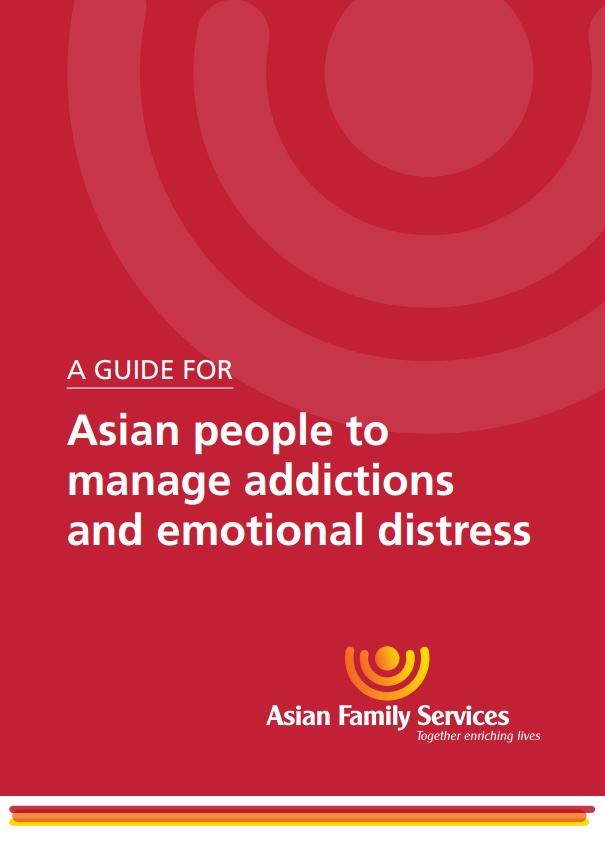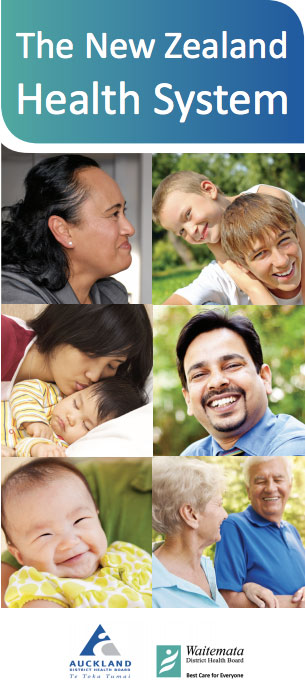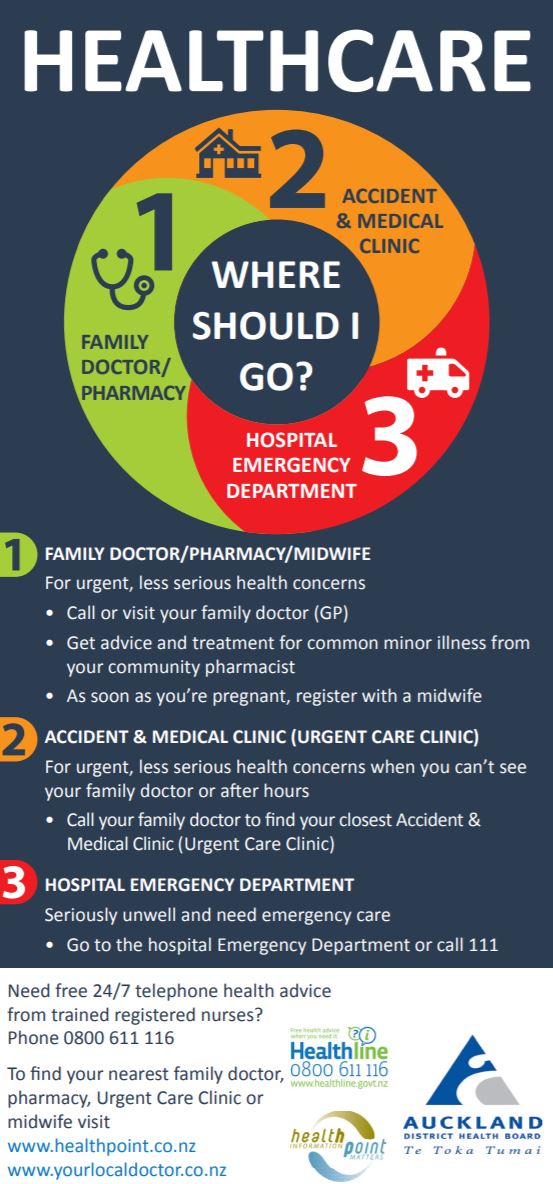Asian Health Services (Waitematā DHB)
This service provides language, cultural and emotional support for staff, Asian patients and their families in the Waitematā DHB region. Services include:
- Asian Patient Support Service
- Asian Mental Health Service
- iCare health information line
- general practitioner booking and breast screening support
- WATIS interpreting, covering 90+ languages.
Visit Asian Health Services(external link).
Asian Family Services
Asian Family Services (AFS) provides professional, confidential, nationwide face-to-face or telephone support to Asian people living in New Zealand. These services are offered in English, Mandarin, Cantonese, Korean, Vietnamese, Japanese, Thai and Hindi. An interpreter can be arranged for other languages.
Visit Asian Family Services(external link).
The Asian Network Incorporated (TANI)
TANI supports Asian New Zealanders to enjoy an optimal quality of life and wellbeing and develop strong and healthy Asian communities in Aotearoa New Zealand. They have a range of events and resources for the Asian population.
Visit The Asian Network Incorporated(external link).
Your Local Doctor
This website provides information on:
- where to go for healthcare
- the benefits of seeing a family doctor
- the general practice enrolment process
- frequently asked questions
- useful case studies and links for migrant families.
This service is supported by the Auckland Regional Asian and Middle Eastern, Latin American, and African (MELAA) Primary Care working group. Visit Your Local Doctor(external link).










